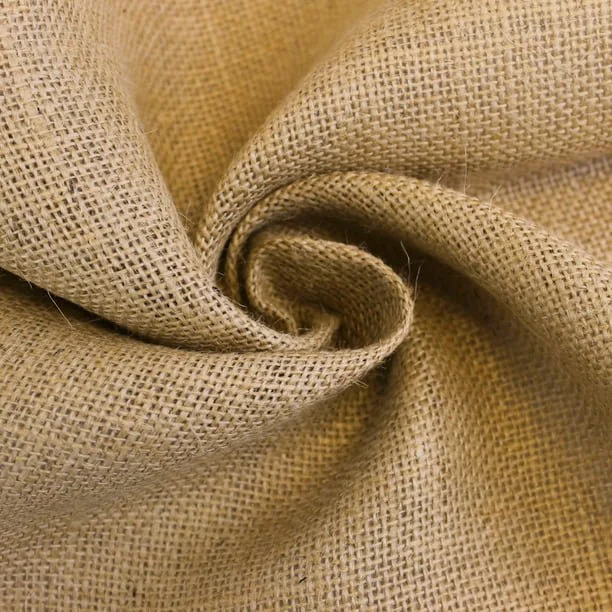Supporting local economy’s growth
In October 2022, during a visit in Washington DC for the Haitian Ladies Network Conference, Former Prime Minister of Haiti and Executive Director of FOKAL Michelle Duvivier Pierre Louis highlighted the spirit of resistance that drive three large sectors of the economy : Women, Farmers and Artists. During her speech, she reiterate the needs and urgency for those communities to be connected, encouraged and supported by the Haitian diaspora and the larger international community.
At District Haiti, we drive our mission from a profound willingness to be of service to our community by doing just that : connecting, encouraging, and supporting local Haitian Artists.
We know that the ongoing humanitarian crisis as isolated and weaken the local artists community in Haiti leaving a large sector, economically vulnerable. In selling and promoting Haitian Art in Washington D.C and to the world, we are currently able to commission work and directly support over 10 different local Haitian artists as well as sourcing our materials directly in Haiti further expanding our positive economic impact
Centering environmentally friendly approached at the core of our work.
At District Haiti, we are proud to center environmental friendly approached at the core of our business practices. New Canvases are traditionally manufactured using cotton, an extremely water intensive crop that requires heavy herbicides and pesticides. To curve our business operations impact on the environment, District Haiti is proud to share that we exclusively source our canvas from two main sources : Recycled and Treated Cotton Materials such as pillowcases and Jute fabric.
Jute fabric is a type of textile fiber made from the jute plant . Jute offers numerous environmental advantages. The plant requires minimal fertilizer and pesticide use, particularly in comparison to cotton, which lessens the environmental side effects. In addition, the jute plant is renewable and the leftover roots and leaves that fall off the plant enrich the soil and increase its fertility
Jute fabric is easy to produce, and the process has a lesser impact on the environment than many synthetic materials including cotton.
Using Art and Culture to change the perception and narrative around Haiti and Haitians.
The media perception around Haiti has often been deeply dissonant and inconsistent with the profound pride Haitian people and Haitian culture translate about their country and heritage. Journalistic work, reporting efforts and media entertainment have all helped paint a perception of Haiti embedded around extreme poverty and suffering, insecurity, natural disaster etc…
Haiti hides and conveys a wealth of natural beauty, culture and history that the world have yet to truly explore and understand. We believe Haitian local artists are the best ambassadors of their country and we are proud to offer you a glimpse of Haiti’s everyday reality through their own eyes and talent.



